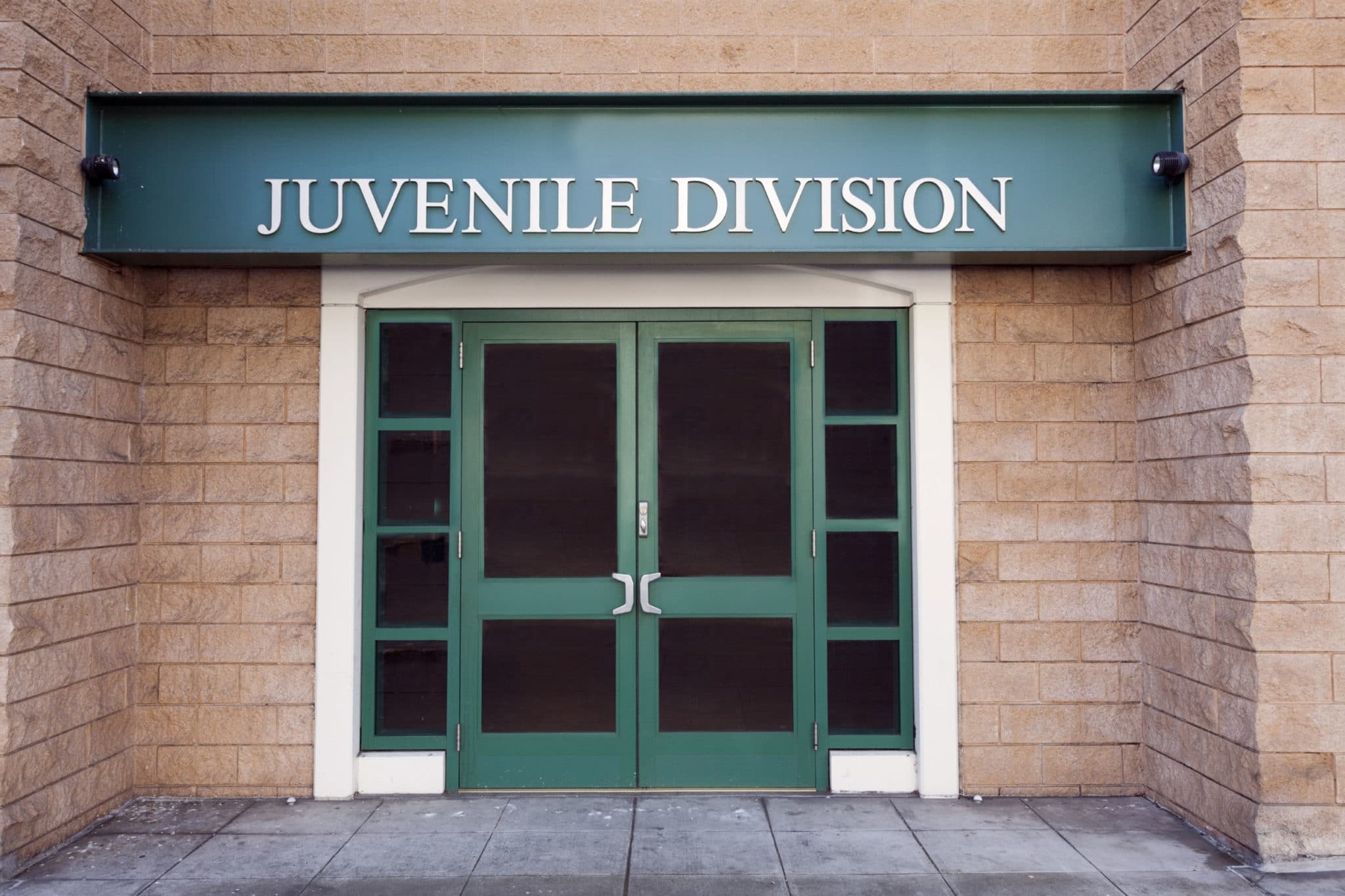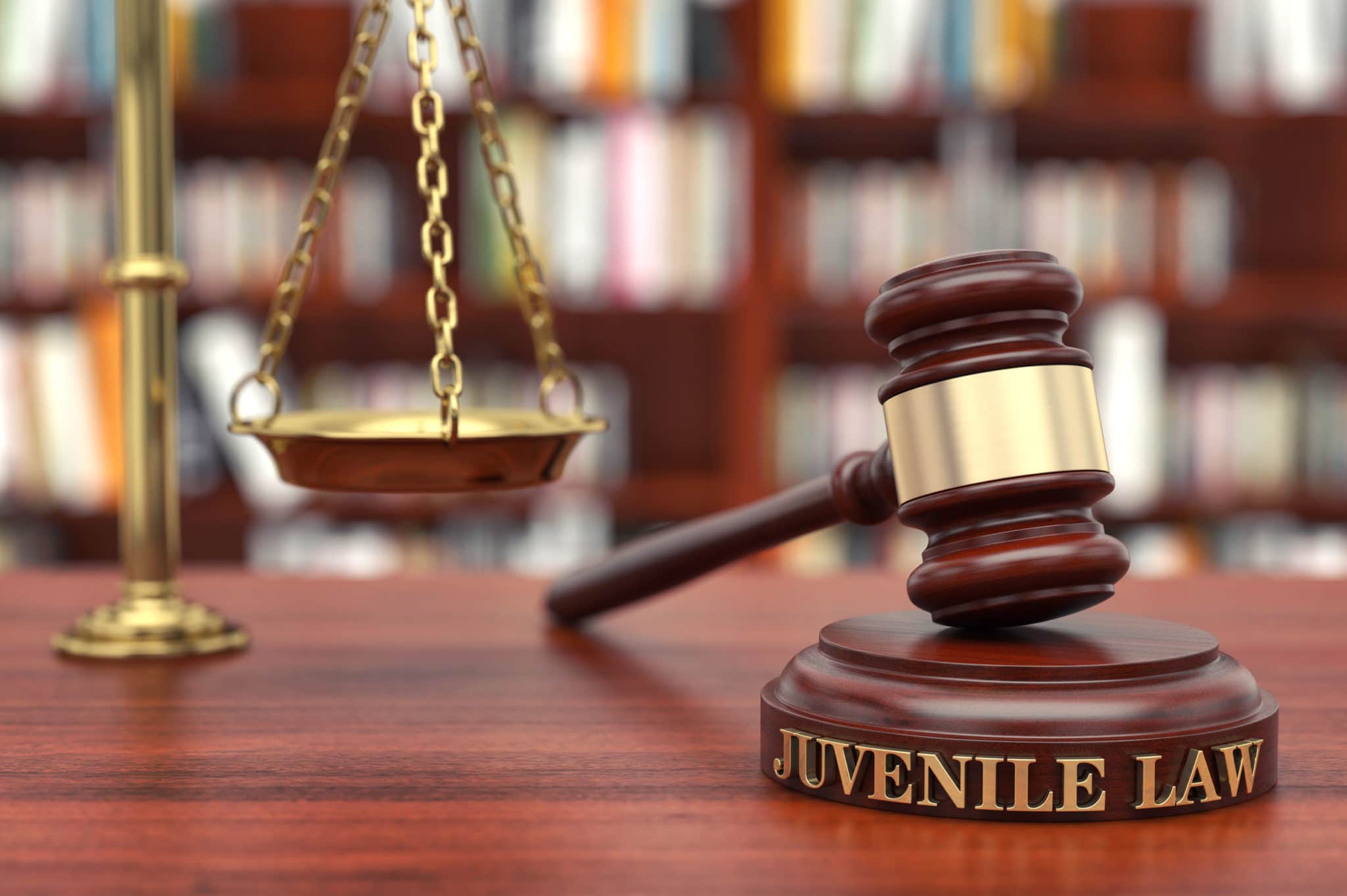IL Court Leniency for Juvenile Crimes Only Goes So Far
The juvenile justice system was established in Illinois over 100 years ago. It was created because Illinois recognizes juveniles who commit crimes are far different than adults that do.
As such, the juvenile rehabilitation system needs to be distinct. In fact, research shows that juvenile offenders have a greater capacity for change than adults. Additionally, they are less to blame for their actions.
That doesn’t mean, however, that juvenile justice cases always go well or that juveniles are given fair treatment for their crimes, as evidenced by the recent conviction of a 13-year old boy in Urbana who pled guilty to stealing five cars this year.
The judge ignored his pleas for another chance and sentenced him to seven years in a juvenile prison – not an ideal outcome.
Understanding how the juvenile justice system works is important for both parents and children. Here’s what you need to know.
What Are Juvenile Rights?
Juvenile defendants, defined as a child age 17 or under, have the same protections under both state and federal laws as adults. That means they should not be exposed to unreasonable search and seizure by police and have the right not to incriminate themselves.
If they are detained or arrested, they also have Fifth Amendment rights against self-incrimination and can refuse to answer questions. They have the right to remain silent just like an adult if their legal guardians are not present.
Police are required to make an attempt to contact a parent or legal guardian of a child who has been arrested or taken into custody, even if they are only being questioned as a witness.
The Rights of the Parents
As the guardian or parent of a child, you have rights as well. If your child is detained or arrested, then you have the right to:
- Be present with them during questioning
- To know why they have been detained or arrested
- Have an attorney present with your child
Remain calm if you are contacted by the police and go to where your child is being held. Demand respectively to be with your child and contact an attorney as soon as you are able.
When a Juvenile is Arrested
When a juvenile is taken into custody or arrested, the law in the state of Illinois requires police to take them to an officer that is trained in handling juveniles.
The police can charge them or decide to place them in a diversion program, which is often called a station adjustment. Station adjustments are done as an alternative to formal charges and allow them to avoid prosecution.
The juvenile is ultimately released to their parent or guardian with certain conditions in place such as curfew restrictions, classes for drugs and alcohol, or the prohibition to hang out with certain groups such as gangs.
The conditions of station adjustment cannot go on for longer than four months unless the juvenile commits another crime. If that happens, however, they cannot extend the adjustment past six months.
A Delinquency Petition

If the police decide that the juvenile is to be charged with a crime, then the case will go to the state’s attorney. They decide to proceed with the charges or not.
If they decide to proceed, then a delinquency petition is filed, and the case will go to the juvenile courts. The delinquency petition is the official document that charges a juvenile with a crime.
Pre-Trail Hearings
Before the trial, juvenile defendants have the right to plead either not guilty or guilty to the crime for which they are charged.
An attorney may work on behalf of the juvenile to negotiate with the state’s attorney to work on a plea deal if there’s strong reason to believe the juvenile would be found guilty due to the evidence against them.
Any agreement reached is subject to the approval of the judge presiding over the case.
Adjudication Hearing
If a case does go to trial, then an adjudication hearing is set. This is done as a bench trial before the judge in most cases and there is no jury involved. Juveniles do not have the right to a jury trial except under very specific circumstances.
Just as with an adult case, at the hearing, the judge hears the evidence from both sides and reaches a verdict, either guilty or not guilty.
Sentencing a Juvenile

Sentencing happens either after they are found guilty at an adjudication hearing or when the defendant pleads guilty. The judge can sentence the juvenile to:
- Probation
- Juvenile detention
- Supervision
- Juvenile prison
- Resident treatment
- Intensive probation supervision
This is only the basic process a case follows through the Illinois juvenile justice system. Every case is unique, however, and it’s crucial to understand how the system works in order to protect your child’s rights. Seek experienced legal advice for specific questions surrounding your child’s case.
About the Author:
Andrew M. Weisberg is a former felony prosecutor who now serves as a defense attorney in the greater Chicago area. He has extensive experience in handling all types of criminal cases, from sex offenses and domestic violence to retail theft-related crimes, murder, and drug crimes. His work has been recognized by Avvo, Expertise, National Trial Lawyers, and others, and he has been featured on countless news outlets for his experience and knowledge in criminal law.







 Blog Home
Blog Home 










